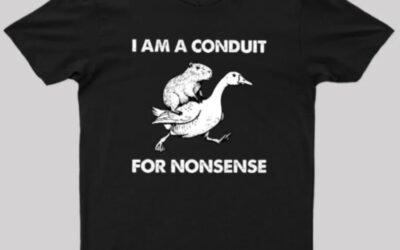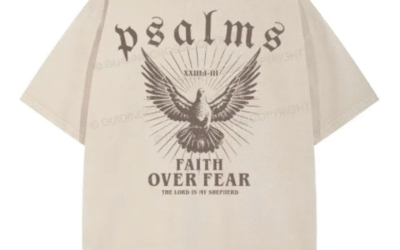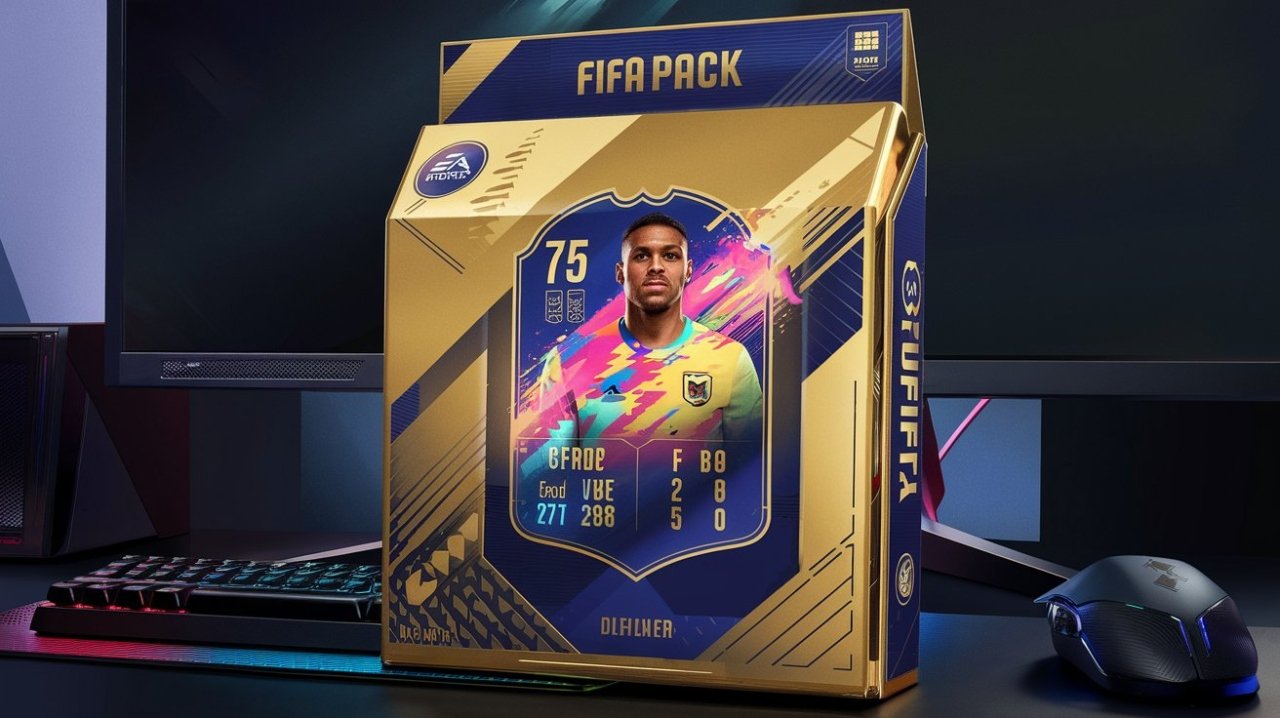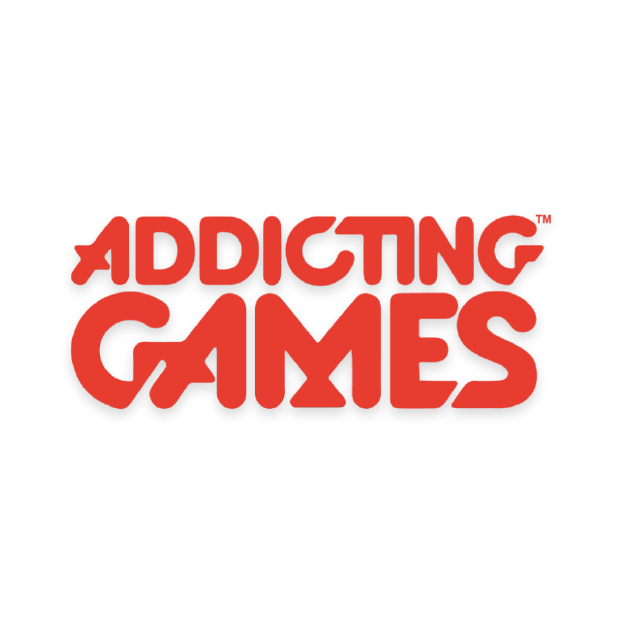Vault Opener NYT Crossword: Solving Clues Like a Pro

The hard hints and deft wordplay of the New York Times crossword are well-known. Among these, the “vault opener” clue has been up several times and usually inspires solvers to consider safes, locks, and keys. Still, knowing the rationale behind such hints calls for more than simply general knowledge. One can make a big difference by realizing crossword patterns, word connections, and solution strategies. Whether you tackle crossword puzzles often or just now, honing your technique will improve your crossword performance and general enjoyment.
Understanding Crossword Clue Construction
Solvers of crossword puzzles are guided toward the right answers by particular structures. While some hints depend on homophones, anagrams, or wordplay, many have simple meanings. Cracking challenging hints depends on knowing if the clue is direct or conceals a secret trick. When faced with “vault opener” in a NYT crossword, numerous options should be taken under thought. A bank vault, a gymnastic vault, or even an action like jumping can all be referred to as “vault”. Likewise, “opener” might suggest a key, a tool, or something allegorical. Often a sensible response can be found by dissecting the clue into its basic elements.
Common Answers for Vault Opener NYT Crossword
While the answer to “vault opener” in the NYT crossword may change depending on the puzzle, several words frequently appear. Some of the most common solutions include: KEY – A literal and straightforward answer, as keys open vaults. SAFE – Sometimes the clue might refer to a secure storage space rather than an action. LOCK – Another word commonly associated with vaults and security systems. DOOR – Though less common, a door is technically something that an opener might unlock. LEVER – Vault mechanisms sometimes involve levers or handles. Since crosswords rely on both word definitions and creative interpretation, recognizing synonyms and alternative meanings is essential for finding the right answer.
Strategies for Solving Vault Opener Clues
Several techniques should be used if one wants to solve crossword clues quickly. First, one must pay great attention to several meanings of every word. An opener does not always have to be a key; a vault might not always refer to a bank safe. Examining intersecting letters from other responses can also help to limit options. Should a known word include a “K,” “L,” or “S,” then possible responses can be honed appropriately.
Crossword solvers also should pay great attention to clue forms. Should the clue be a noun phrase, the solution most certainly also is a noun. Conversely, should the clue suggest an action, a verb might be more appropriate. Context clues—such as if the puzzle has a certain theme—can offer other hints.
Recognizing Crossword Themes and Patterns
Many NYT crosswords have themes that influence the answers. For instance, if a puzzle concentrates on security-related words, “vault opener” might lean toward “key” or “lock.” Conversely, in a puzzle focusing on sports, “vault” could suggest at gymnastics, making “pole” a more likely answer. Identifying patterns in the puzzle’s overarching topic often speeds up the solving process.
Moreover important is word repetition across several challenges. Because of their letter composition and crossword-friendly character, experienced solvers will find that some words often resurear in NYT crossword puzzles. Common three- and four-letter words like “key” and “safe” fit rather nicely with other words in a grid.
How Wordplay and Puns Influence Clues
NYT crossword clues sometimes call for puns and wordplay, which complicates responses. Should “vault opener” show up in a problem featuring clever or hilarious hints, the solution might be more lighthearted. Rather than a literal “key” or “lock,” the answer could be something unanticipated like “gym” (as in gymnastics vault) or “run” (should the clue pertain to action). This is why one must be receptive to lateral thinking and word associations.
Helpful Resources for Crossword Solvers
For those who regularly solve NYT crosswords, various resources can improve skills and speed. Crossword dictionaries and online anagram solvers provide quick assistance when stuck. Additionally, forums and crossword communities discuss tricky clues and solutions, helping solvers learn new techniques. Regular practice remains one of the most effective ways to improve. Completing daily crosswords sharpens recognition of recurring clue structures and word patterns. Timed solving can also build speed and efficiency. By continuously learning new words and clue strategies, solvers can enhance their puzzle-solving abilities.
Common Crossword Pitfalls to Avoid
While solving crosswords, certain blunders can delay progress. One typical blunder is assuming the first solution that comes to mind is correct without exploring alternatives. Since NYT crosswords often include deceptive terminology, double-checking crossings and validating letter patterns is vital. Another hazard is overlooking themed clues. If a problem has a running theme, answers will typically coincide with that concept, making unrelated terms less plausible.
Why Crossword Puzzles Enhance Cognitive Skills
Beyond entertainment, solving crosswords provides cognitive benefits. Regular puzzle-solving improves vocabulary, memory, and pattern recognition. Additionally, the problem-solving skills developed while deciphering tricky clues enhance logical thinking. Studies suggest that engaging in crossword puzzles can help keep the mind sharp and may even reduce the risk of cognitive decline.
Crossword-Solving Techniques for Different Skill Levels
Beginners should start with easy problems before moving to more challenging ones. Monday NYT crosswords tend to be the simplest, while Saturday problems have the maximum challenge. As solvers gain expertise, they develop a greater comprehension of wordplay, anagrams, and typical clue structures. Advanced solvers generally use letter frequency analysis and pattern recognition to deduce answers more effectively.
Maintaining a personal crossword diary will help individuals who want to become masters of puzzle-solving. Recording challenging hints, foreign vocabulary, and recurrent topics offers great reference for next challenges.
Final Thoughts on Vault Opener NYT Crossword Clues
Success rates can be much raised by knowing word patterns, how NYT crossword clues are created, and by using strategic solving techniques. The “vault opener” clue shows how depending on the context of the puzzle, flexible interpretations produce various answers. Regular practice, interaction with crossword-solving communities, and improvement of analytical skills will help solvers to boldly approach even the toughest hints.











